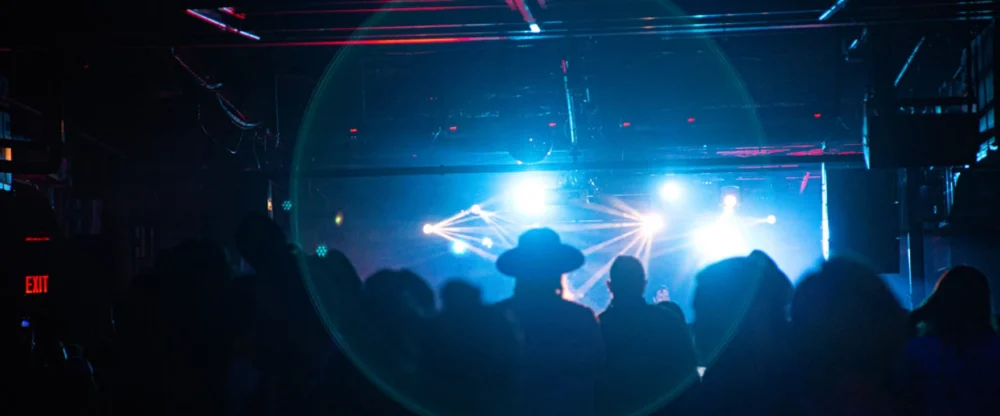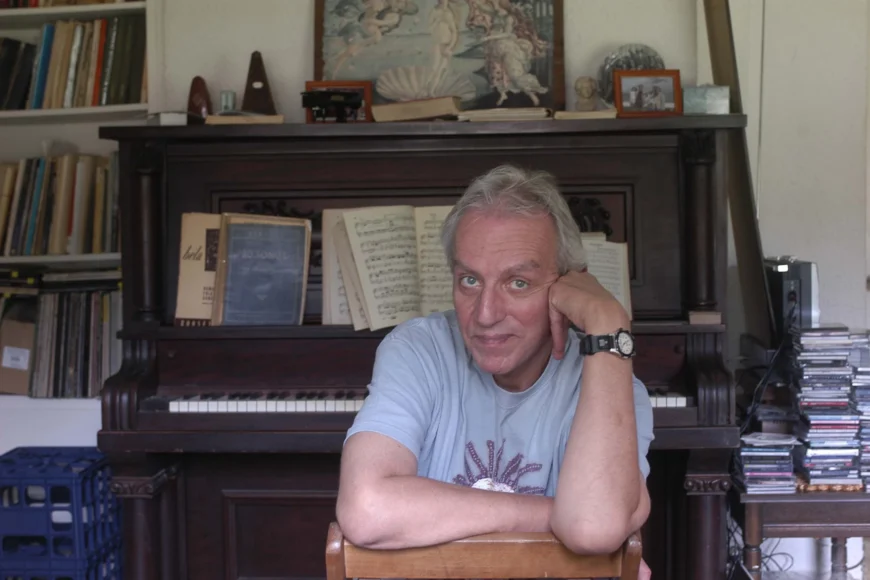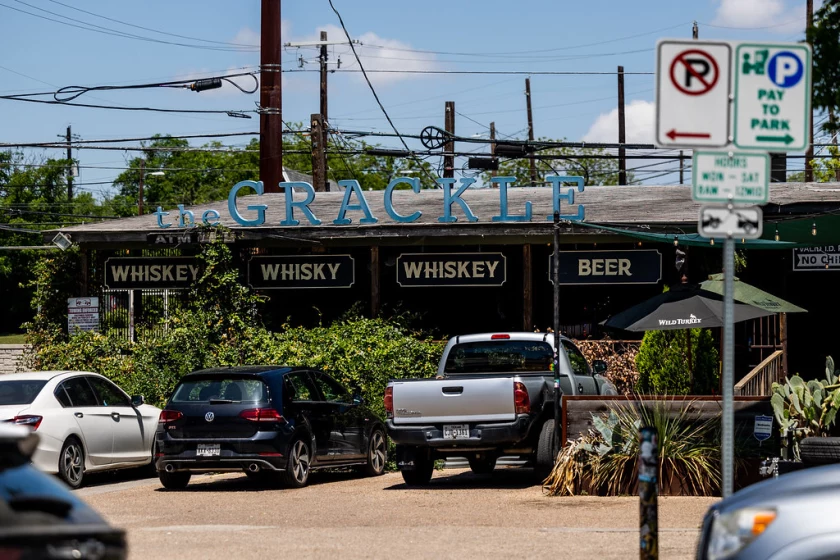KUT 90.5 | By Andrew Weber
Published March 2, 2023 at 5:01 AM CST
For many artists, playing SXSW Music is a dream — but it comes at a cost.
First, you’ve got to apply to play. That’s $55. If you’re coming in from out of town, there’s travel costs and you’ll need to find a place to stay. If you’re one of the scores of international artists, you’ll need a visa. That costs money, too.
Then there’s the labor of lugging equipment and navigating a densely populated downtown Austin. You’ll probably have to pay for parking — if you can find it.
In the end, you’ll likely spend more than you earn. Bands get paid up to $250 or the option for a wristband to access shows. Solo or two-piece artists get $100 or a wristband. International artists get only a wristband.
Austin musician and artist Thor Harris is one of the more than 1,400 showcasing artists this year. Asked how he feels about that pay structure, he was blunt.
“Terrible.”
Harris has been playing the festival for the past four decades. He says his formerband Stick People got exposure after one SXSW in the late ’80s. Industry folks passed around their record and in September 1989, they got a small nod in Billboard Magazine, touting their “strong songs and sonic appeal.”
A promotional ad next to the writeup reads, “Life is great. High tech is HOT! The music is awesome. Austin is rippin’! ” The ad was sponsored by Dell, AMD and Motorola, all of whom said they were “Growing together with Austin.”
‘Ridiculously exploitative’
Austin has grown largely because of that tech money and SXSW. Musician pay hasn’t.
“SXSW’s pay structure has been one of their most shameful aspects the entire time,” Harris said.
That’s not a secret locally.
“You do well and get accepted into SXSW, then you’re not supposed to say anything about the pitiful pay,” Audrey Campbell, frontwoman for the garage-punk band Pleasure Venom, wrote in an email. “Because being booked feels good, and it’s what you as a musician are supposed to be doing, right?
“You do well and get accepted into SXSW, then you’re not supposed to say anything about the pitiful pay.”
Audrey Campbell, Pleasure Venom
She and other Austin musicians were heartened when a national nonprofit called out festival organizers for the low pay last month. Thousands of artists demanded the festival, now owned by the multibillion-dollar Penske Corp., pay artists at least $750.
“[It’s] an embarrassment it took this long,” Campbell said. “I signed their petition so damn quickly when I read it. As much money as SXSW makes here, they can spare $750 plus wristbands for each artist/band international or not,” she said. “I don’t know of another legitimate festival that makes you choose between the two. It’s just ridiculously exploitative.”
Campbell and her bandmates just released a new album, and this will be their third SXSW as an official artist.
“It’s still an honor to get to play SXSW, to get to be an official … artist. Growing up around here that’s something you’d be super-stoked [about] doing as a kid, so it’s still exciting,” bassist Jordan Emmert said. “You just want to keep being able to do it, and unless some things change, for a vast majority of artists … it’s just no longer feasible.”
In a statement, SXSW told KUT it is “committed to creating professional opportunities” for artists and that it could consider what it pays — next year.
“We appreciate the feedback from the UMAW and will be doing our policy review after next month’s event,” the statement read.
‘The world will continue to spin’
The festival has long leaned on its ability to showcase up-and-coming talent, hence the official nomenclature: “showcasing artists.” It’s been a launchpad for The White Stripes, Odd Future and, weirdly enough, Hanson, among other bands.
Harris said it’s glaring that there’s been no significant pay bump for artists despite SXSW’s economic impact, driving millions in profit. He compares it to Spotify’s pay structure, where artists are paid fractions of a penny for each stream.
“I do think that sometimes the exposure is good for bands. But … having looked at the numbers a little bit, I know that South by Southwest could afford to pay the little guy a little bit better,” he said.
The festival charges artists $55 to apply to play at SXSW — and then they might not even get accepted.
Lars Wolfshield, longtime manager for Pleasure Venom, said the festival’s insistence that folks are going to get “discovered” isn’t guaranteed and the opportunities aren’t necessarily democratized. She likens the disparity to the discourse over “nepo babies,” kids of celebrities who have a cultural and economic advantage over artists carving out their own niche.
“You’re basically saying only nepo babies deserve these networking opportunities, because no one can afford to get here with the wages they’re paying,” she said. “The math ain’t mathin’.”
A recent survey found musicians are being forced to move out of Austin because it’s too expensive.A survey nearly a decade ago said the same exact thing. Campbell said the cost of living here — combined with crippling inflation — should factor into SXSW wages.
“It was really hard to keep going at itand still is. And I am going on 9 years since I formed Pleasure Venom,” she said. “Things cost so much more now than 9 years ago.”
As the band gears up for another festival — and a national tour with Austin indie outfit Ringo Deathstarr — Emmert hopes the pressure on the festival yields some benefit. In addition to increasing wages, he suggested the festival do away with the application fee, at the very least.
Campbell said calling out SXSW may be cathartic to struggling musicians, but the issue is symptomatic of a larger pay equity issue that’s baked into the music industry.
“Play it or don’t play it,” she said. “The world will continue to spin.”



